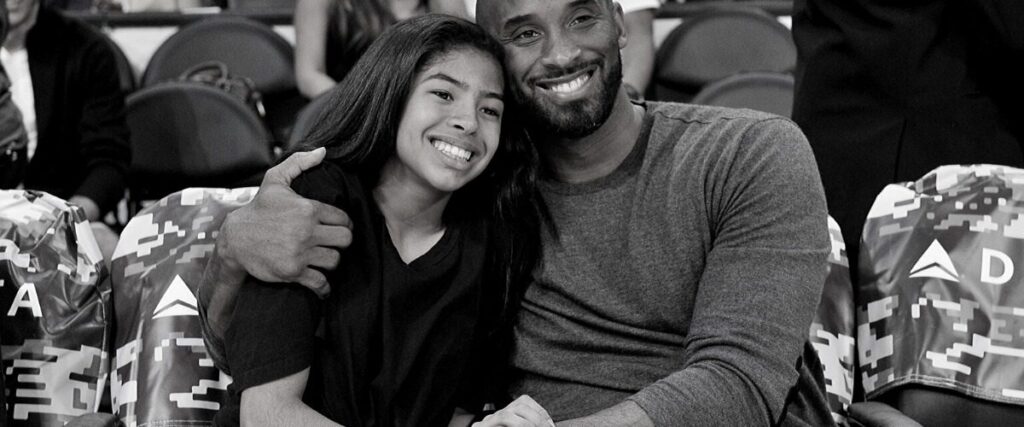We all heard about the heartbreaking loss of the famous basketball player Kobe Bryant, the healthy character that inspire a whole generation of people with his passion for life and his remarkable dedication. Many people have been in this similar position: losing someone they care about suddenly; so how to deal with such shock? And how does this grieving process differ from a loss due to old age or illness?
Managing sudden death is particularly difficult, not because the pain is stronger than when a death occurs after a long illness, but because the shock and astonishment are such that it reduces our ability to cope the disappearance of a loved one. Unfortunately, when it comes to a sudden death, pre-mourning is not possible. By the time we hear the news, it’s already too late. The loved one is dead, and the irremediable has happened. Without having had time to prepare or say goodbye, the bereaved is facing emptiness. This explains why, very often, death does not seem real, and that we may, at first, not believe it, think that there was a mistake. Even when a person is mentally strong and balanced, the emotional reactions that come with it are intense.
Dealing with the loss
With a sudden, unexpected death the griever is not only dealing with the misery, but also with an additional level of trauma: layers of shock, guilt for unresolved relationship issues, regret for things left unsaid, not having the time to say final words of love nor to express gratitude or to even say goodbye.
In addition, during a sudden and brutal death, there can also remain a very strong anger by the bereaved. He will switch his focus to find the cause of the traumatic event (ex. Cause of the accident…), in other way, try to search for someone to blame. Moreover, in the brutal death situation, even more than in the other deaths, guilt can also be felt. Often it comes in forms of “If only …”. This guilt has its source in false beliefs that the bereaved have incorporated into himself.
So with no time at all to prepare, and the additional complicated emotions, the bereaved with a sudden loss will likely spend more time in disbelief. The true work of grieving can’t typically start until a griever has even begun to come to terms with what’s happened.
 Allow to grief
Allow to grief
- Feelings of sadness, feelings of desperation at the death, pangs of grief, yearning for the person who died, and crying, all are common. The bereaved might seek out places, or do things, that remind you of the person who died. He may feel irritable, or suffer insomnia, or have other responses that are unpleasant. Let him feel whatever he feels without judgment, and allow others to comfort him in his time of grief.
- Language and expressing plays a crucial role: words allow to share, but also to teach, to lead, and finally to console.
- Help him take each day per day, grief will not end up suddenly, and some sad feelings will come back. Expect up and downs phases and help him maintain self-care routine (eating and sleeping properly, social activities, work out…)
- Let him express his love and goodbyes to the person who is gone through a ritual or a type of remembrance.
A word to the bereaved
You will need time to accept that in life, and death, there are some questions that have no answers. When you are ready, you will learn to ask for forgiveness, find forgiveness, and live in peace even if your loved one isn’t here to relieve you of the pain of any unresolved issues. You will recognize that letting go of the pain and hurt is not the same thing as letting go of the love and memory of your loved one.
At the end, find people to talk to who get it, it can be one of your friends or if you feel you need help, a psychologist visit is beneficial.



